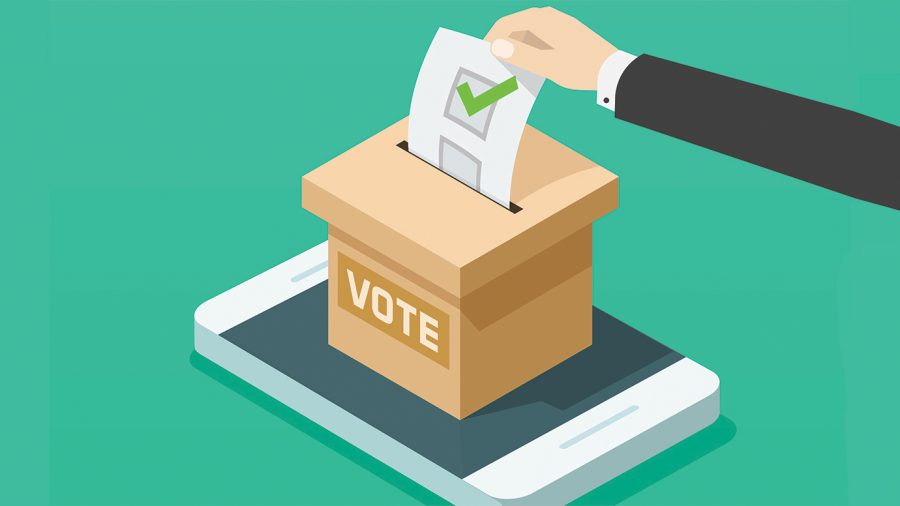Should the voting age be lowered to 16?
January 31, 2022
The voter turnout in the recent election increased significantly from previous years. This election had the highest turnout since 1992. It also increased 5% from the 2016 election, which is around 16 million more voters. Between the ages of 18 and 29, the amount of voters increased from 2016 by 8% and people between the ages of 18 and 24 had the highest rate of voters in the century.
When people vote an individual into office, they have their future in mind. Voting for someone who is not qualified for the job can lead to problems if they win the election. The people who have to deal with those consequences the longest are the younger generations. Arguable, many teenagers are more educated on political topics than many adults. They are no more likely to make voting decisions that were not thought through than older generations are. Between 15-20% of teenagers have jobs. This means they are also affected by things such as minimum wage, taxes, and more like most adults.
Currently, teenagers’ futures are being influenced greatly by much older people who will not have to live with the consequences of their choices for as long as those who cannot vote are. If the voting age gets lowered, teenagers are able to help create a society that they will live in for the rest of their lives by picking who is in charge of the country. Encouraging voting among teenagers builds an environment where they are going to learn more about different parts of politics, which causes more informed voters, especially as they grow older.
Sources:































